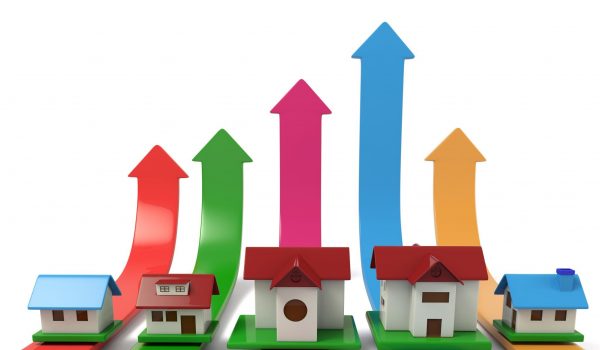All landlords are obliged to pay income tax on the amount of money they receive from renting out their property, provided they make a profit in doing so. This is the money left over once any expenses and tax allowances are accounted for.
Until last year, it was possible to claim 100% tax relief on mortgage interest payments. However, this is in the process of change. From last year, the amount a landlord could claim reduced by 25%. And it will continue to reduce on a sliding scale until 2020, when it will be zero. Instead, landlords will only be able to claim relief at a basic rate of 20% on all income received from rent. The tax itself applies from April 6 to April 5 the following year.
What – apart from rent – is taxable?
Any income at all that you receive from tenants is taxable. That includes not simply the rent, but also payment for repairs, ongoing utility bills, cleaning communal stairs and gardening services etc (although many of these could be claimed as expenses, in return). Non-refundable deposits are similarly classed as income and any income left over from a refundable deposit also counts.
It is possible too if you’ve suffered a loss from your property business in the past, to carry this forward and offset it against your current profit.
Tax rates for rental income
If you’re charged as a basic rate or higher rate for business or as an employee, then this will be the same for your rental profit. In other words, your tax rate doesn’t change. The only time this will change is if, when adding on your rental income to your salary or business earnings and it tips you over the basic tax band, then you’ll have to pay a higher rate of tax for the amount above the threshold and 20% on the rest up to £40,000.
At the moment, the basic tax rate is 20%, rising to 40% or 45% for higher earners.
Calculating tax for a portfolio of properties
It’s not uncommon for landlords and investors to have more than one property. In such cases, provided the businesses are similar i.e. the properties are all owned by one person and rented out, then they can be lumped together and profits and losses described as one total.
If, on the other hand, there are properties rented out and part shares in a development or income from a property overseas, for example, then it’s necessary to treat these as separate sources of income and expenditure. In other words, it isn’t possible to offset losses between the different businesses.
Tax due on the sale of property
Unless the property you are planning to put on the market happens to have been your main residence in the past year or more, then you will be liable to pay Capital Gains Tax (CGT). This is 18% of the sale price of the property (for basic rate tax payers) and 28% for a higher rate tax payer.
At the moment, this doesn’t have to be paid until the end of the tax year. However, there are plans to reduce this to 30 days in the near future.



